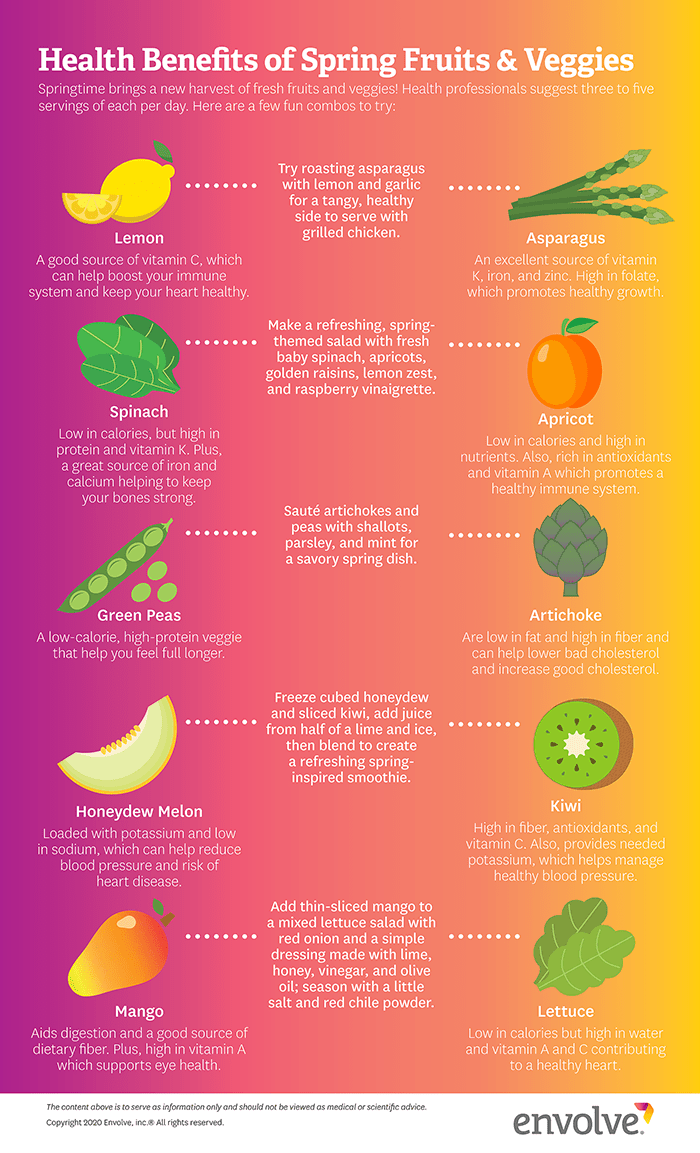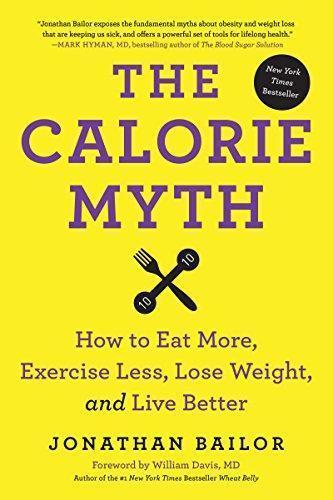When Krista Varady began studying intermittent fasting two decades ago, she felt her research wasn’t taken very seriously.
“All the previous diet fads focused so much on calorie counting or low-fat diets,” she said.
But a new study from Varady and a team of researchers, published Monday in the journal Annals of Internal Medicine, showed that limiting food intake to a specific time window was as effective as calorie counting for weight loss.
Varady, a nutrition professor at the University of Illinois, Chicago, and her collaborators enrolled 77 people with obesity in Chicago — most of them Black or Hispanic — in their study, then assigned the participants to one of three routines for six months.
The first group practiced intermittent fasting, eating all of their calories between noon and 8 p.m. each day. The second group could eat whenever they wanted, but they tracked their calorie intake and reduced the total they normally ate in a day by 25%. The last group was the control group, so did not change their regular eating habits.
After the six-month period ended, the researchers tested whether the changes helped people keep weight off. For six more months, the intermittent fasting group expanded their eating window to 10 hours and the calorie counting group ate enough calories to satisfy their energy needs.
Both of the groups that followed a diet in the study’s first six months generally maintained the weight loss after their diets ended and lost 5% of their body weight over the course of a year, Varady said.
By the end of the year, the intermittent fasting group had consumed 425 fewer calories per day, on average, than the control group and lost about 10 more pounds. The calorie counting group, meanwhile, ate around 405 fewer calories per day than the control group and lost about 12 more pounds.
“What we’re showing is that people don’t have to do these complicated calorie counting diets, where people are always logging stuff into MyFitnessPal on their phone,” Varady said. “Instead of counting calories, they could just count time.”
Courtney Peterson, an associate professor of nutrition sciences at the University of Alabama at Birmingham who wasn’t involved in the research, said Varady’s study is “the longest and best test we have of calorie counting versus intermittent fasting.”
Time-restricted eating, Peterson added, offers “a simpler rule people can follow, and it’s producing the same weight loss effect as counting calories, so in my book, that’s actually a big victory.”
Conflicting research on intermittent fasting
Prior research on intermittent fasting has shown mixed results when it comes to weight loss.
A 2020 study found that restricting eating to a narrow time window was no better for weight loss than eating throughout the day. Another study, published in the Journal of the American Heart Association in January, suggested that eating fewer, smaller meals may actually be more effective for weight loss than time-restricted eating.
However, other research has indicated that intermittent fasting could help people with obesity lose weight.
In an editorial published alongside Varady’s research Monday, two Colorado researchers suggested that intermittent fasting likely only leads to weight loss under certain conditions.
The participants in Varady’s study, for instance, had regular telephone or Zoom calls with a registered dietitian.
“The registered dietitian support likely influenced dietary choices of persons within their 8-hour eating window,” the editorial said.
In general, people have more success with weight loss when they receive intensive counseling, said Dr. Adam Gilden, one of the editorial’s authors and an associate professor of medicine at the University of Colorado School of Medicine.
“Based on the results of the study, you wouldn’t just tell a patient, ‘Try time-restricted eating on your own without behavioral support,'” he said.
However, Varady said the bulk of research has shown that intermittent fasting helps people eat less food, which in turn helps them lose weight.
Peterson said restricted eating windows can discourage snacking or mindless eating, and longer periods of fasting may naturally reduce people’s appetites. But one of the biggest reasons why intermittent fasting seems to help with weight loss, she added, is that people are willing to adhere to it.
“Most people hate counting calories because they have to monitor everything they eat,” she said.
Nutrition experts also agreed that regardless of diet strategy, people must consider the nutritional quality of their meals, such as how much fiber they’re getting or the quantity of fruits and vegetables they consume. Studies have shown that highly processed food such as hot dogs, chips or soda can contribute to weight gain.
“There’s nothing sort of magical about, ‘I’m only going to eat for these eight hours per day,'” Gilden said. “The person doing that strategy still has to pay attention to what types of foods they’re eating and the portions and the amounts.”
This content was originally published here.




















